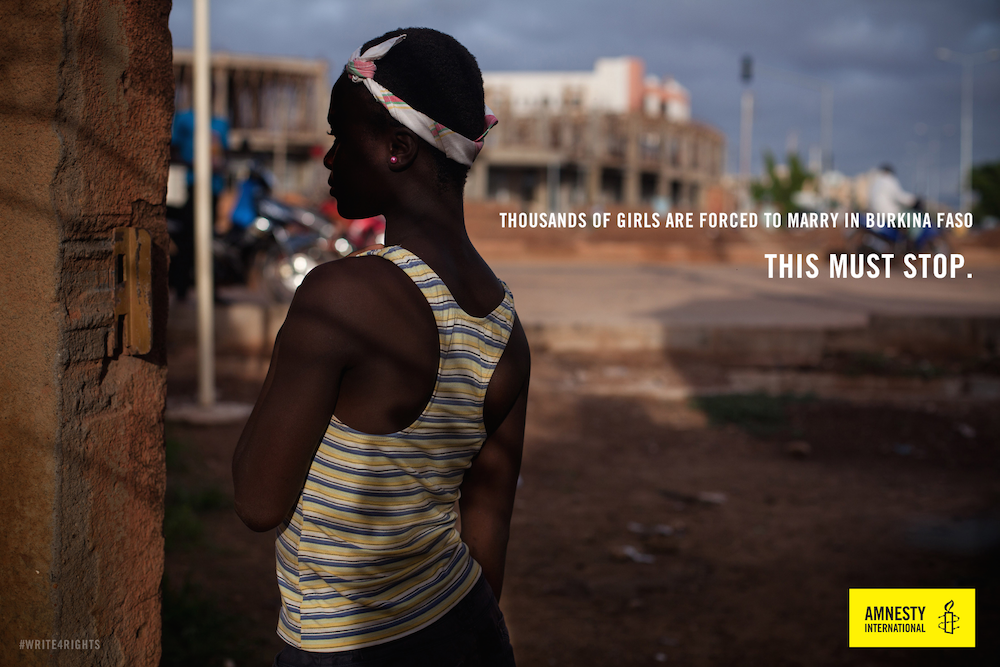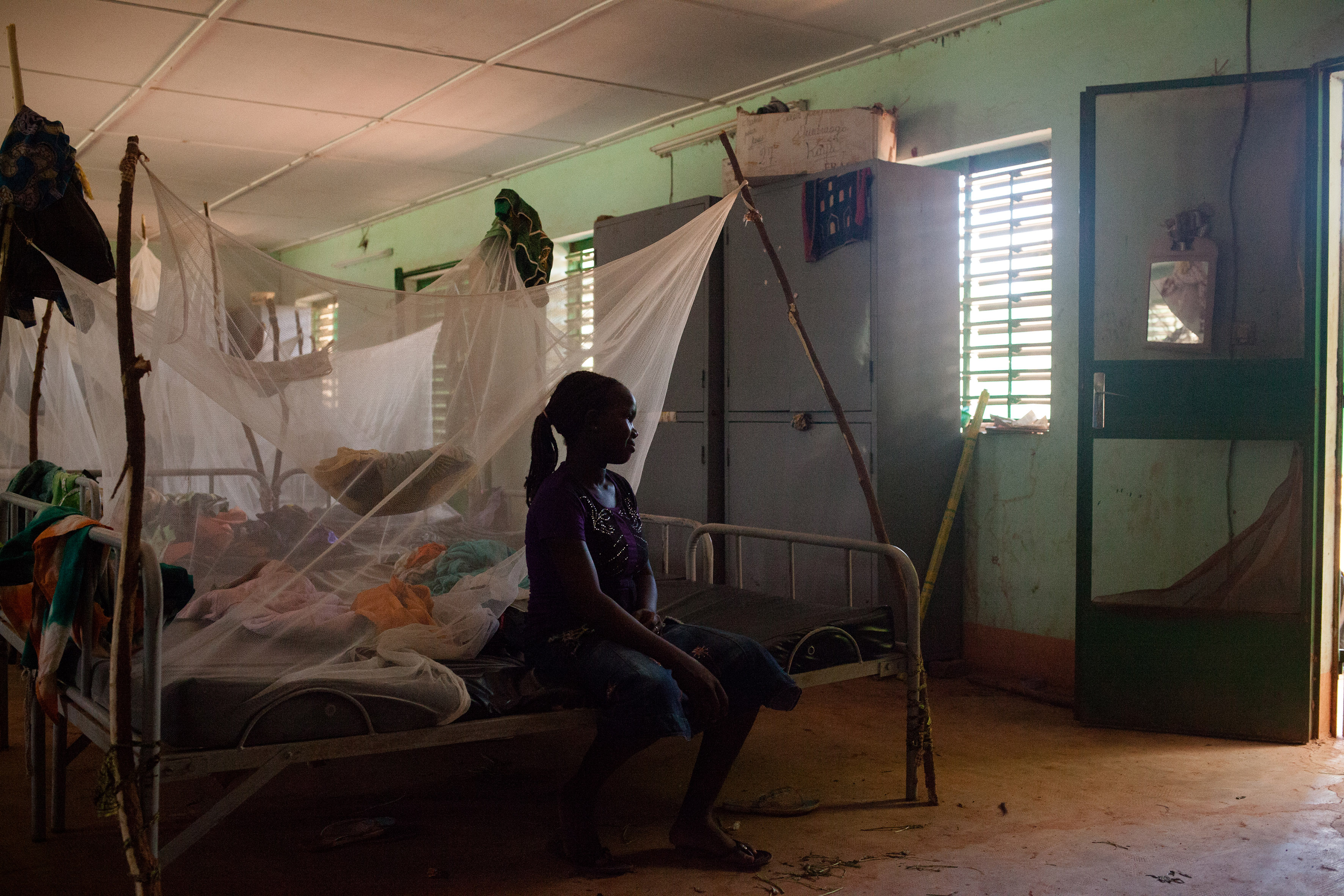
By Purva Khanapure, Amnesty USA Student Activist Coordinator, Central New Jersey
A few weeks ago, I found myself stressed as I drowned in hours of homework. After deciding to take a break, I began to check my email. I opened a message about Write for Rights, Amnesty International’s largest event, and clicked over to the website to read about this year’s twelve Write for Rights cases.
The case involving young women and girls in Burkina Faso, a country in West Africa, looked interesting, so I began to dive further in. I learned that in Burkina Faso, thousands of girls and young women are forced into early marriage and must suddenly and unwillingly dedicate their lives to another man. In order for families to collect financial returns by marrying off their daughters and sisters, safety, human rights, and happiness are compromised. SEE THE REST OF THIS POST

